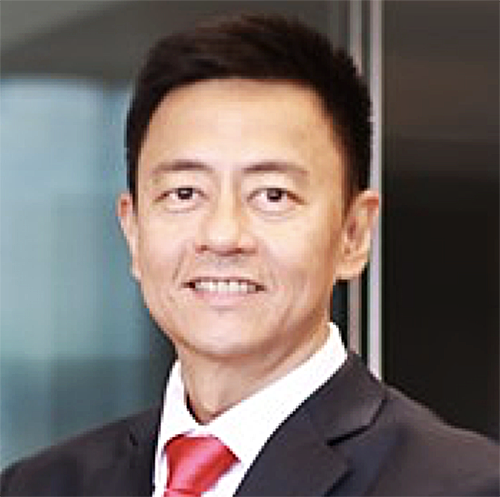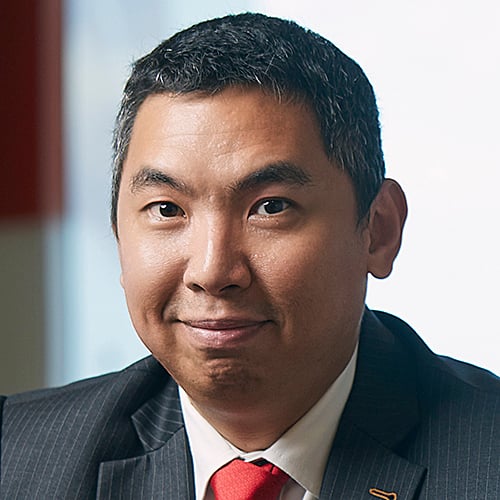
As wealth begins to change hands and flow to the newer generation in Asia, younger investors are seeking to take up more responsibility while making meaningful investments. More Asian high net worth individuals (HNWIs) and family offices are embracing the idea of environmental, social and governance (ESG) investing. However, there are still some concerns surrounding this relatively new concept, which is just starting to pick up in Asia.
Hong Kong has overtaken New York to become the world’s largest ultra-high net worth city, according to the sixth edition of the World Ultra Wealth Report.
Being the home of many family offices, Asia is now seeing the transition of established wealth being passed on from the older generation to the next one. Younger asset owners are showing more interest in impact and responsibility on top of financial returns. Thus, the idea of ESG investing is gaining more traction among Asian investors, especially HNWIs and family offices.
The options for the rich to make meaningful investments and earn returns are expanding with the introduction of financial solutions and products relating to investments that target sustainable societal outcomes and meet ESG considerations, according to managers and ESG experts at the Impact Investing Roundtable exclusively sponsored by BNP Paribas Wealth Management and moderated by The Asset executive editor Bayani Cruz.
Yet one major issue has not been solved when it comes to ESG investing – which is about how it is defined. Terms such as ESG investing, sustainable investing, impact investing and responsible investing are often used interchangeably.
There is a spectrum of different investment strategies, ranging from traditional ones with generating returns as the main target to philanthropy, according to David Wong, portfolio manager at Alliance Bernstein. “Among this spectrum, philanthropy is clearly at one end; impact investing is where you are still trying to get a return, but you are also prioritizing other objectives,” says Wong.
“ESG and sustainability are not volunteering or philanthropy. They are about strategy and performance. The core of ESG is about integrating social, environmental and governance factors into the way a company operates,” explains Mark Watson, head of sustainable development at Swire Group.
While it is relatively easy to differentiate ESG investing from philanthropy, the things that fall between the two opposing extremes are harder to define. “There are a lot of things in the middle of the spectrum that constitute some level of responsible investing or integrating ESG factors,” Wong says.
He believes that there are strategies that can both generate wealth and do good. “Right in the middle of the spectrum, there is a form of responsible investing that can include goals that will deliver returns which might beat the broader benchmarks in the market,” says Wong.
The cliche that ESG investing might require you to give up a certain amount of financial return is not always true, but this remains a major concern among asset owners and managers hesitant to embrace ESG investing.
In particular, many private wealth managers in Asia at this stage worry whether there is a tradeoff between ESG investing and generating returns.
“The idea that investing responsibly sacrifices return might have been a valid framework fifteen years ago, but at this point, it is not,” says Sam Hilton, senior research analyst for environmental finance, WWF-Hong Kong.
“There are ways of marrying responsible investing with actually generating returns that are not going to take a toll on the portfolio,” says Wong.
He further explains this with an example.
“For instance, energy conservation is going to become a bigger factor in the years ahead. Companies that can provide energy-conserving building materials can grow faster than the market over time. While identifying these growth opportunities, we still use traditional methods of investment analysis that are very vigorous to ascertain which companies are going to have a sustained long-term advantage,” says Wong.
There is evidence that the performance of a portfolio with some ESG integration and responsible strategies can still beat the market given proper management, according to Watson.
Wong echoes this idea. “When we looked at the results of some of our responsible investing strategies, we found that they routinely beat the major benchmarks. While some people believe in special ESG benchmarks or other types of SRI benchmarks, we believe in using the main ones, because we do not think that responsible investing and giving up returns go hand in hand,” Wong says.
For investors ready to embrace the idea of ESG, the market provides various vehicles, ranging from simple exclusion lists for investment to investment strategies integrated with ESG factors at different levels.
“It’s interesting to see how the responsible investment landscape is evolving, such as funds that include companies that signed the UN Principles for Responsible Investment (PRI) or support the UN Sustainable Development Goals (SDG),” says Watson, noting that Swire has aligned its sustainability strategy with those SDGs viewed as material to its businesses and runs two internal funds designed to drive sustainable development within its operating divisions.
WWF-Hong Kong, on the other hand, is coming up with strategies and vehicles that seek to provide environmentally beneficial investment opportunities for different types of investors such as foundations and the venture philanthropy or commercial investment arms of family offices, and traditional institutional investors, which might have different risk and return requirements, according to Hilton.
Getting involved directly in ESG projects is one important way to understand social issues, according to Francis Ngai, founder and chief executive officer at Social Ventures Hong Kong, an impact purpose organization, noting that they are seeing more interest from large corporates and are collaborating with them on various ESG projects.





.jpg)
.jpg)


